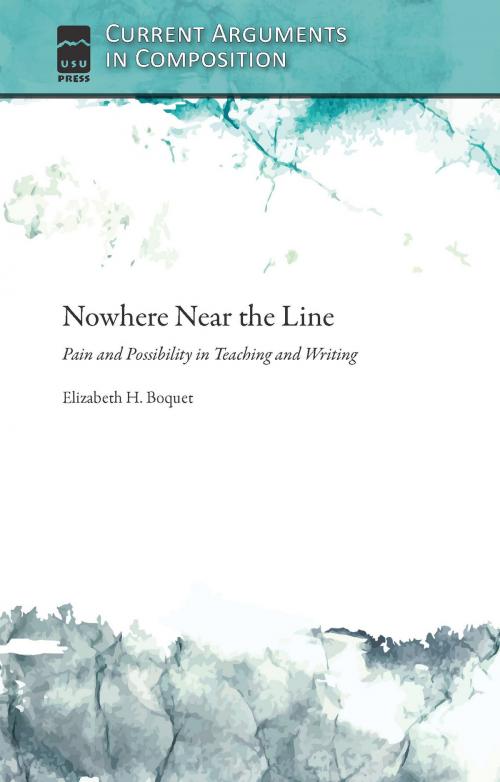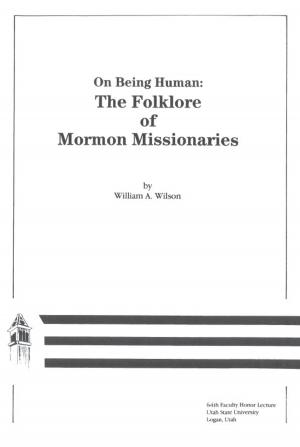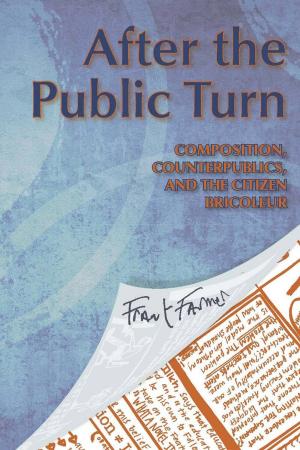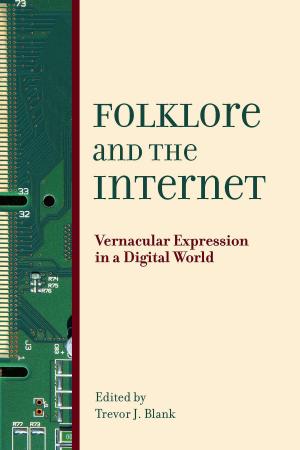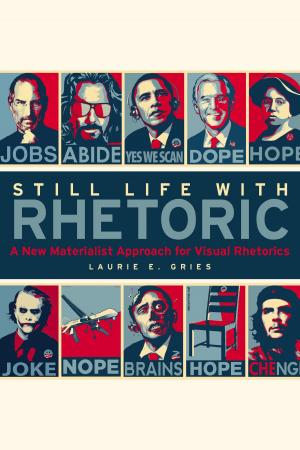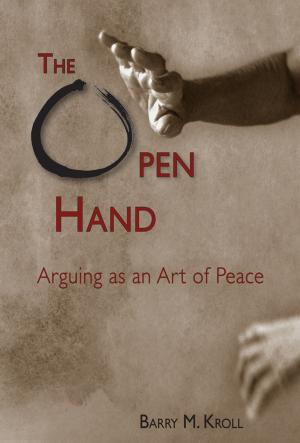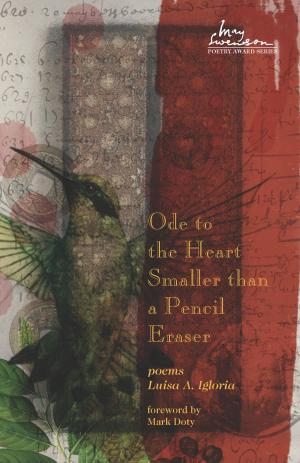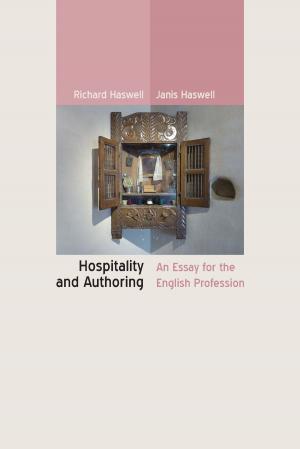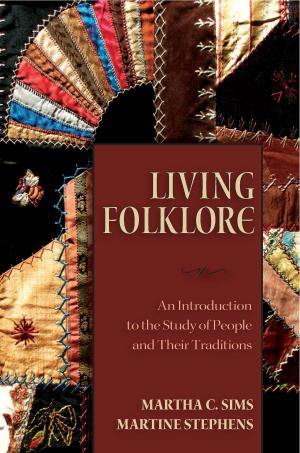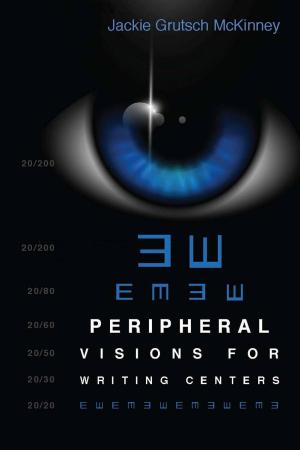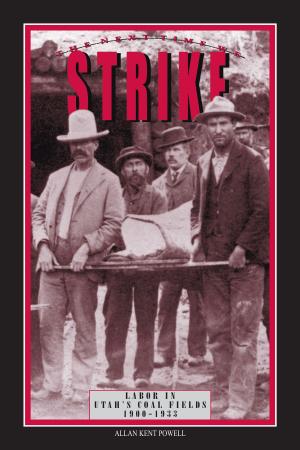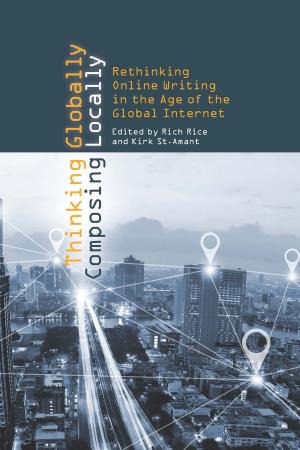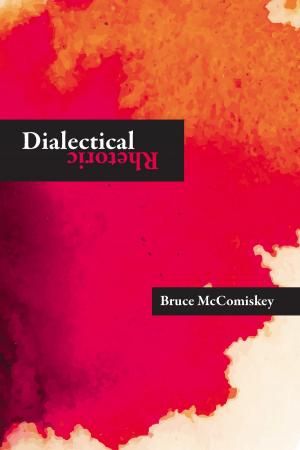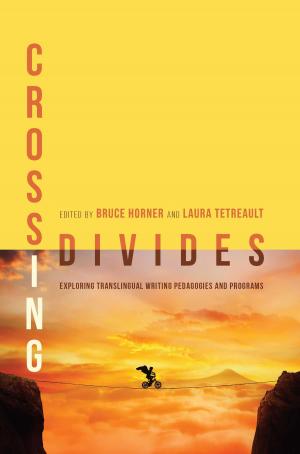Nowhere Near the Line
Pain and Possibility in Teaching and Writing
Nonfiction, Reference & Language, Language Arts, Writing & Publishing, Composition & Creative Writing| Author: | Elizabeth Boquet | ISBN: | 9781607325765 |
| Publisher: | Utah State University Press | Publication: | October 17, 2016 |
| Imprint: | Utah State University Press | Language: | English |
| Author: | Elizabeth Boquet |
| ISBN: | 9781607325765 |
| Publisher: | Utah State University Press |
| Publication: | October 17, 2016 |
| Imprint: | Utah State University Press |
| Language: | English |
“When I was starting College Presidents for Gun Safety, one of the concerns I heard was the idea that there were just too many issues on which to articulate an opinion. Where would it stop? Where would we draw the line? . . . In light of this latest tragedy, on a college campus that could have been any of ours, I would say: ‘We are nowhere near the line yet.’” (Lawrence Schall, quoted in “Tragedy at Umpqua,” by Paul Fain, Inside Higher Ed, October 2, 2015)
In this short work, Elizabeth Boquet explores the line Lawrence Schall describes above, tracing the overlaps and intersections of a lifelong education around guns and violence, as a student, a teacher, a feminist, a daughter, a wife, a citizen and across the dislocations and relocations that are part of a life lived in and around school. Weaving narratives of family, the university classroom and administration, her husband’s work as a police officer, and her work with students and the Poetry for Peace effort that her writing center sponsors in the local schools, she recounts her efforts to respond to moments of violence with a pedagogy of peace. “Can we not acknowledge that our experiences with pain anywhere should render us more, not less, capable of responding to it everywhere?” she asks. “Compassion, it seems to me, is an infinitely renewable resource.”
“When I was starting College Presidents for Gun Safety, one of the concerns I heard was the idea that there were just too many issues on which to articulate an opinion. Where would it stop? Where would we draw the line? . . . In light of this latest tragedy, on a college campus that could have been any of ours, I would say: ‘We are nowhere near the line yet.’” (Lawrence Schall, quoted in “Tragedy at Umpqua,” by Paul Fain, Inside Higher Ed, October 2, 2015)
In this short work, Elizabeth Boquet explores the line Lawrence Schall describes above, tracing the overlaps and intersections of a lifelong education around guns and violence, as a student, a teacher, a feminist, a daughter, a wife, a citizen and across the dislocations and relocations that are part of a life lived in and around school. Weaving narratives of family, the university classroom and administration, her husband’s work as a police officer, and her work with students and the Poetry for Peace effort that her writing center sponsors in the local schools, she recounts her efforts to respond to moments of violence with a pedagogy of peace. “Can we not acknowledge that our experiences with pain anywhere should render us more, not less, capable of responding to it everywhere?” she asks. “Compassion, it seems to me, is an infinitely renewable resource.”
